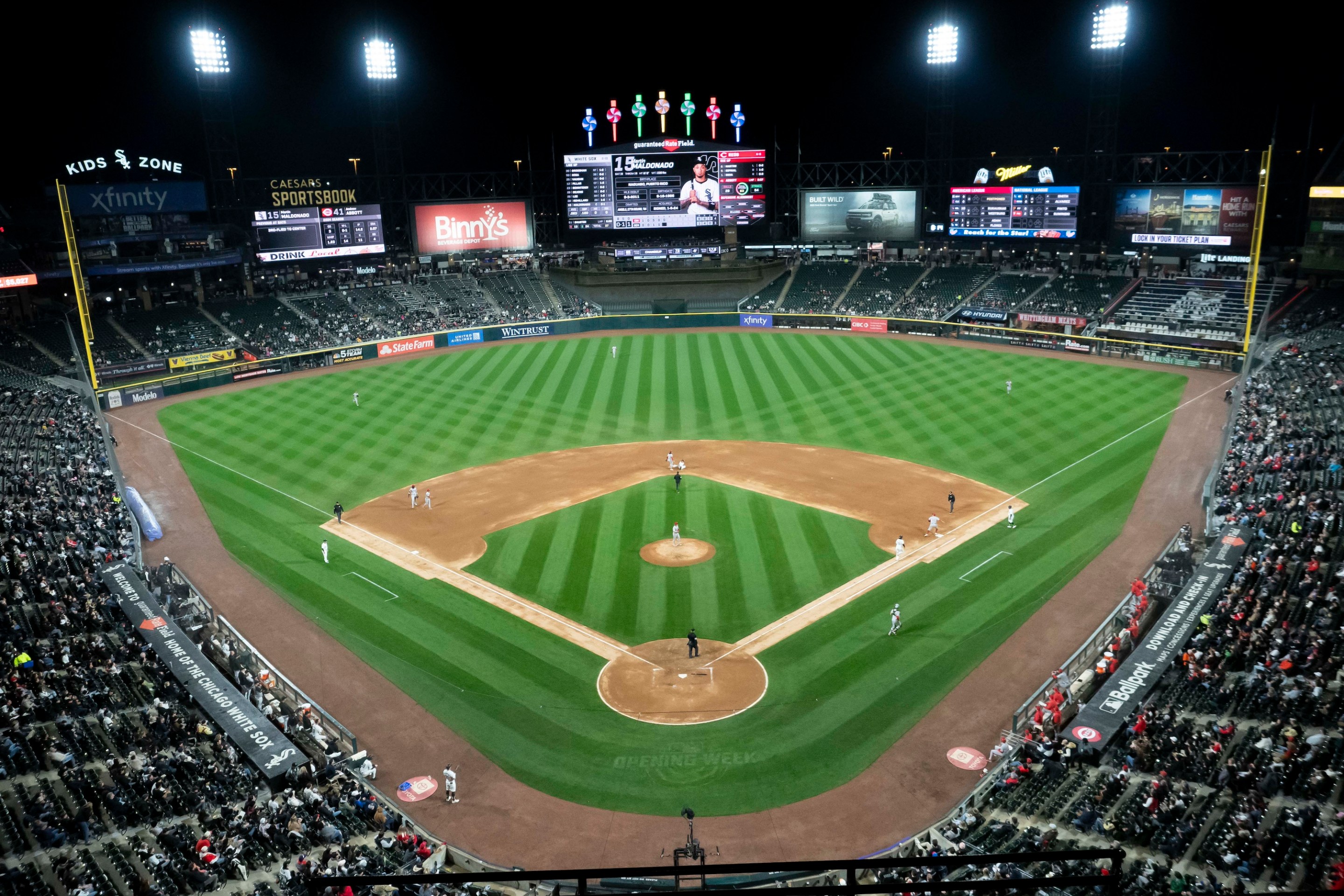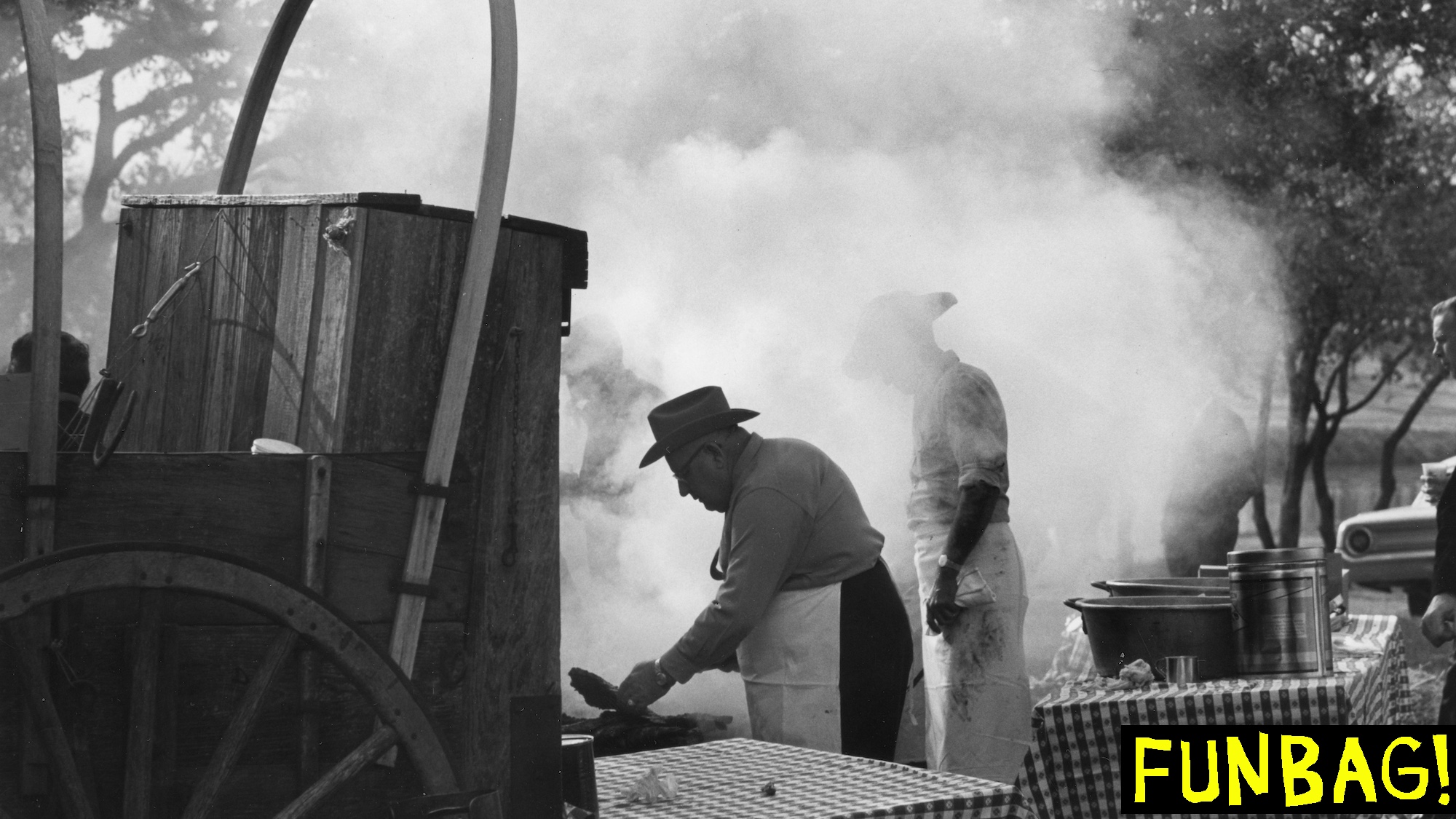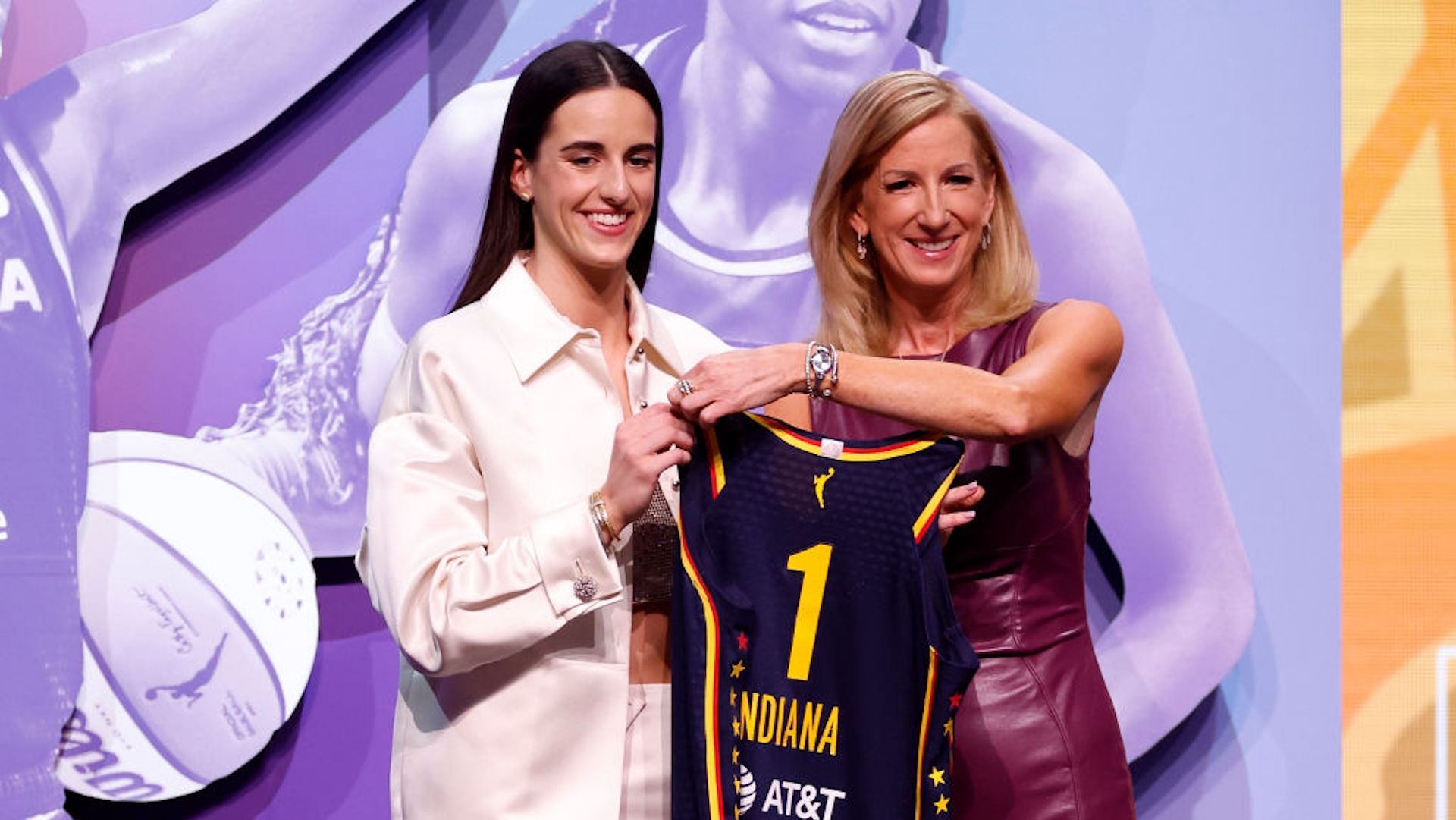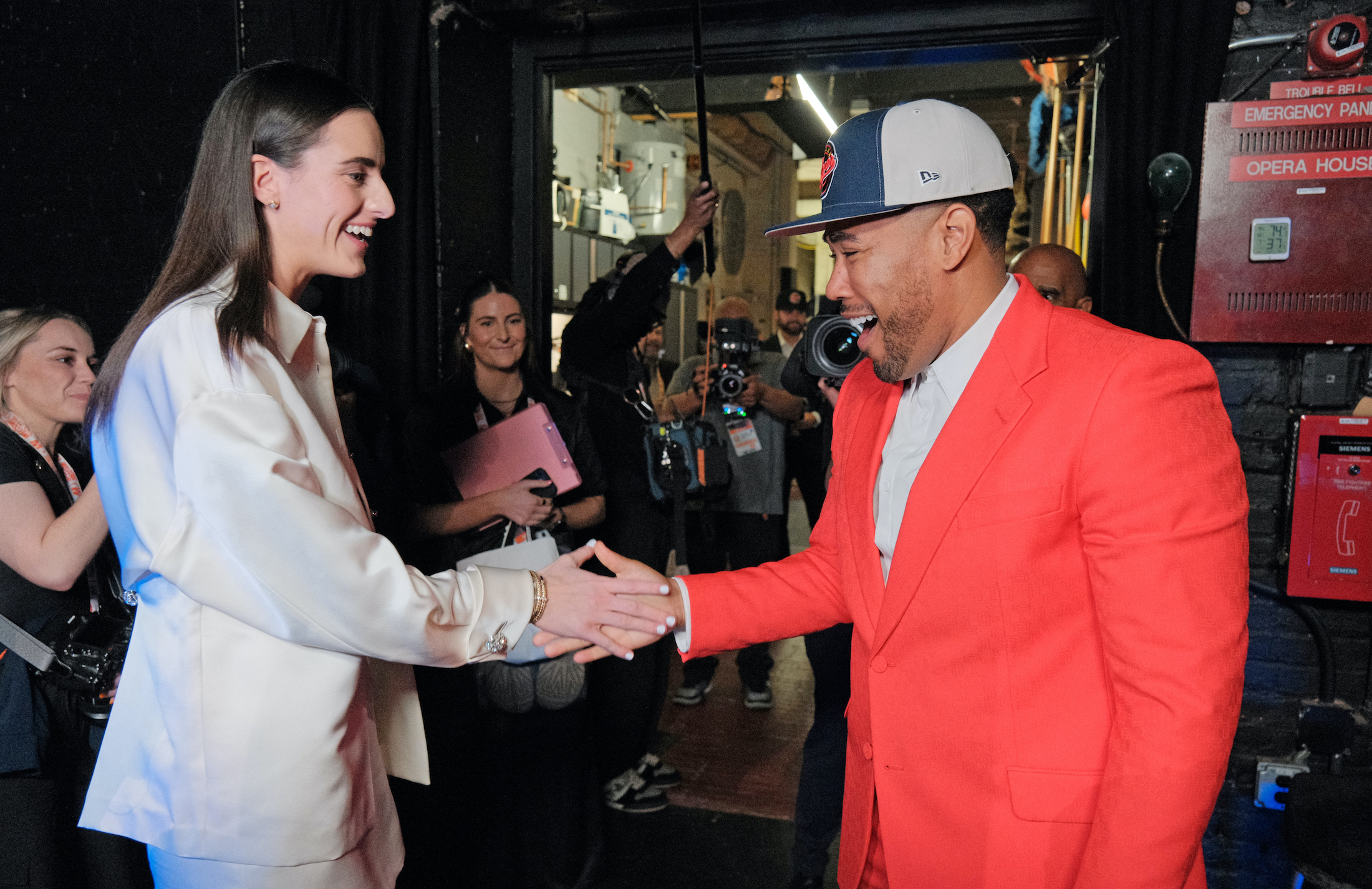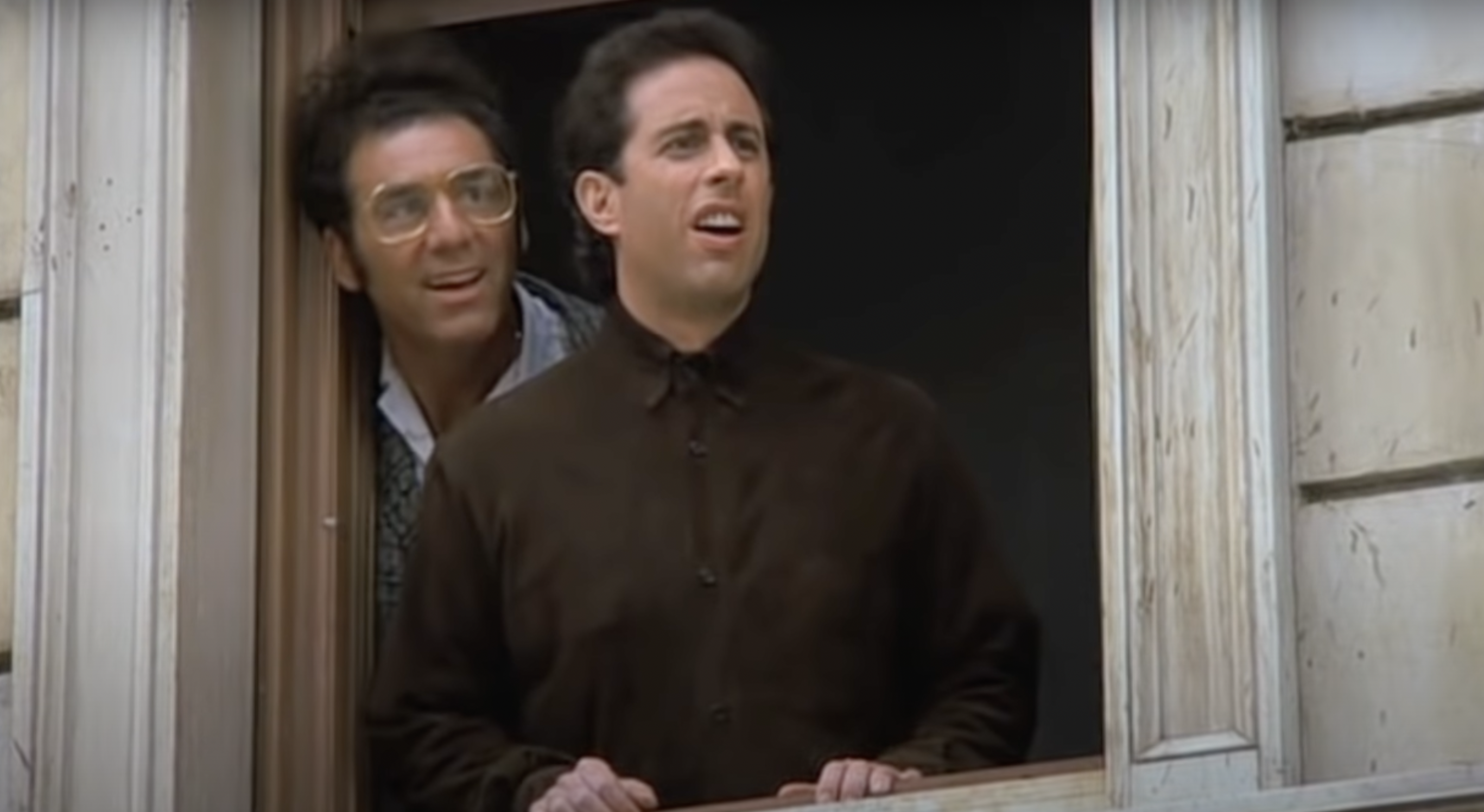
There’s no streaming equivalent to channel surfing, which is why I still mourn the loss of my old TV and a standard cable package. This is how I wish I’d been able to watch Seinfeld, on a couch late at night, looking for something to occupy my attention while basking in that liminal space between today and tomorrow.
Beggars can’t be choosers; my girlfriend and I ended up watching all nine seasons in chronological order on Hulu during quarantine. Before then, I hadn’t seen a single episode, though the memes and screenshots the show has generated, plus the odd episode of Curb Your Enthusiasm, made me privy to the kind of absurd, bone-dry humor I could expect.
Perhaps this was a knock-on effect of watching the show in big chunks via streaming, but I couldn’t stop thinking about how wild it is that Seinfeld was not only one of the most popular shows in the country for years, but was such a tentpole that it carried NBC’s block of programming for several seasons while making the company billions of dollars. How could the network that is currently buoyed by This Is Us’ weekly dose of manipulative dreck and multiple paint-by-numbers shows about emergency services in Chicago once been home to a show as glib, as mean, as Seinfeld?
It might be a stretch to say Seinfeld would never get made by a major network today, but it’s an easy conclusion to come to when you stop and notice the ubiquity of shows that are designed to be just as morally instructive as they are entertaining. Allegory and metaphor tend to do most of the emotional heavy-lifting, alongside pointed, supposedly poignant monologues. The Falcon and the Winter Soldier’s “relevant” racial commentary (the prescience of a black Captain America in the modern day, complete with hamfisted allusions to real life atrocities like the Tuskegee syphilis experiments) and refugee narrative is, if not the most recent, one of the most blatant and serious manifestations of this phenomenon. Whether about race, sexuality, gender, or “family values,” the dialogue and general narrative arc of so many projects seek to represent, if not speak for, the marginalized. The problem is that they’re mostly just speaking to white people.
Mega-corporations like Disney and streaming giants like Netflix have been in the lucrative business of conspicuous representation and uncomplicated progressive politics for several years. Shows made for a mass audience seem required to be either tediously didactic (Lovecraft Country) or weepy and sentimental (Modern Family, Parenthood, The Haunting of Bly Manor). I don’t doubt it makes many white people feel virtuous and many people of color seen, whatever that can really mean when a faceless juggernaut is doing the seeing. Mostly, it feels hollow and condescending. Writer Brandon Taylor put it best in a recent issue of his newsletter: “I used to think that the best thing one could do was offer meaningful mirrors and representation to people who looked like me in my art … But I also think that there is this idea, prevalent and growing more so every day, that representation should be the function of art, of literature.”
And so Seinfeld hit me like a breath of fresh (or maybe bitter?) air. There is no function to the show, beyond the giddy enjoyment of watching people you like (and you have to like them at least a little bit) do bad things. If there wasn’t something recognizable or even endearing about the four main players, I’d have wondered why I was watching, say, a grown woman fret over when was the most appropriate time to break up with a stroke victim, or a grown man steal a loaf of marble rye from an elderly woman. Even then, sometimes the enjoyment gives way to incredulity and genuine horror. The death of George’s fiancée, Susan, in Season 7 was one of the most surprising twists I’ve seen in a TV show.
Larry David once said to New York, “A lot of people don’t understand that Seinfeld is a dark show,” and that darkness creeps. Jerry, Elaine, George, and Kramer start out as relatively normal, flawed people and slowly sour into barbed, selfish cowards who can’t function in society. If there is an arc over Seinfeld’s nine seasons, it might be about how easy it is for people to get away with the unthinkable, or how cruel society can be to those who don’t have solely their own best interests in mind. There are no lessons and there is no character growth—David’s famous “no hugging, no learning” mandate—and the quartet not only often gets away with their chaotic schemes, but are sometimes absurdly rewarded.
After a while, this rankled the show’s contemporary critics, and it was in reading some of their reactions to the show that I started to see the outlines of today’s TV landscape. In Jennifer Keishin Armstrong’s comprehensive Seinfeldia, she points to detractors whose opinions revolved around the implication that the show had a certain responsibility to either entertain and enlighten, or entertain with the correct social perspective in mind. Elayne Rapping from The Progressive wrote, “Call me a hopeless Puritan but I see, in this airwave invasion of sitcoms about young Manhattanites with no real family or work responsibilities and nothing to do but hang out and talk about it, an insidious message about the future of Western civilization.”
Leon Wieseltier at The New Republic said, “Seinfeld is the worst, last gasp of Reaganite, grasping, materialistic, narcissistic, banal self-absorption.”
Seinfeld at its worst punches down and exposes the comfortable homophobia and racism of its writers. Writer and professor Lauren Michele Jackson wrote for Vulture about the awkward space black characters occupy in the show, not quite stereotypes, but recognizable signposts of normalcy for Jerry, Elaine, George, and Kramer to offend. “Black people on Seinfeld play a very particular role, defining the social edges of ‘very,’ or too much. A thankless job, to be sure. There’s no glory in it or, it seems, much fun.” There’s often even less grace for non-black people of color.
“The Puerto Rican Day” episode from Season 9, which shows, among other things, mobs of parade-goers wreaking havoc while Kramer comments, “It’s like this every day in Puerto Rico!” was so offensive that protests were staged outside Rockefeller Center after the episode originally aired. It fares even worse now. When I watched it, I simultaneously cringed and sighed. There are so many high watermarks of comedic ingenuity throughout Seinfeld, real moments of inspiration and creativity, that it was almost painfully easy to see when the writers fell back on cliches or unexamined prejudices.
This was all the more frustrating because there are great moments when the show seems to be aware of these bigotries and chooses to lampoon them. George tries to get his black boss to take a picture with him in an effort to prove he’s not racist. Jerry’s Native American cigar-store caricature annoyingly gets in the way of his dating a Native American woman. Elaine enjoys the social capital of dating a man she believes to be biracial. In the series finale, all three, as well as Kramer, get pinched for making fun of mugging instead of intervening.
It was there, at the end, where I wasn’t so sure how I felt about the way Seinfeld chose to go out. I know audiences in 1998 weren’t so sure, either. They go to jail??? I was caught off guard, even after watching nine seasons of a show that rejected sentimentality at every turn, by the writers’ willingness to push so hard against audience expectations and instead offer one last dose of bitterness.
Ultimately, whether Seinfeld ended on the right tone or made me grimace one too many times feels less important than the fact that it was so clearly made on its own terms, and for such a long period of time. This is the achievement that feels most difficult for any show to replicate today, because the contemporary shows that are operating on Seinfeld’s level are the ones that get cancelled, overhauled, or buried by their networks. Too many channels, too many options, yadda yadda yadda.
But how can it be, with so much money floating around and even more access to talent, that we’re left with so much cheap gruel? In the era of streaming, so many shows are being made at such a fast clip that the platforms who produce them can’t even adequately advertise them. All in service of an audience that knows it’s being condescended to but has limited options. Maybe that’s what I enjoyed most about Seinfeld. I didn’t feel like someone was talking to me like I was an idiot. Instead of trying to lead by a moral example, it turned around, pointed at me, and laughed.
If you liked this blog, please share it! Your referrals help Defector reach new readers, and those new readers always get a few free blogs before encountering our paywall.
Read More:
Stay in touch
Sign up for our free newsletter
